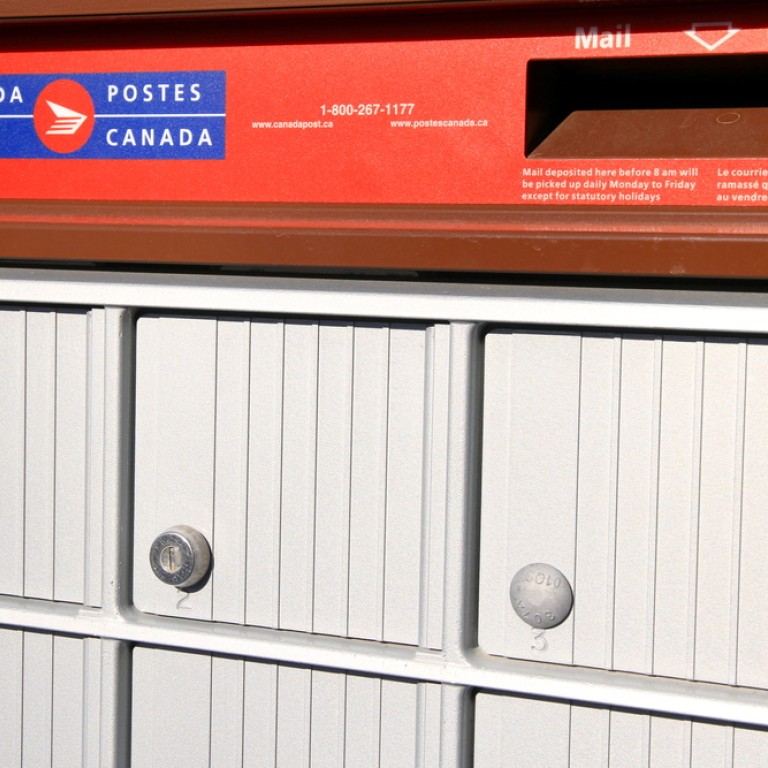
Canada Post workers’ union issues 72-hour notice of job action
Full-blown strike not expected; more likely is a work to rule arrangement
The union representing about 50,000 Canada Post workers issued 72-hour notice of job action on Thursday, August 25, while it continues to try to bargain a collective agreement with the national mail service.
The job action, which could start as early as Monday, August 29, is likely to start as work to rule, which is when employees are entitled to do no more than the minimum required by rules of their contract.
A full-blown strike is not expected right away.
CUPW workers had voted to give the union a 60-day mandate to issue 72-hour notice of job action. That mandate was set to expire on August 25.
On August 24, federal Minister of Labour MaryAnn Mihychuk requested that CUPW and Canada Post management agree to extend CUPW’s mandate to issue strike notice by 24 hours. That would have enabled more time for negotiation with a special mediator.
CUPW said in a news release that Canada Post president and CEO Deepak Chopra refused the minister’s request, thereby forcing the union to issue the notice.
The alternative would have been that CUPW would have had to go back to its members to seek a new mandate.
“This was an eleventh-hour intervention from the government to avoid a dispute and of course we said yes,” said CUPW national president Mike Palecek in the release.
“From the outset, our goal has been a negotiated collective agreement without service disruptions.”
The two sides have been far apart on key issues in the dispute, such as how urban and rural mail carriers are paid and what kind of pension plan workers should have.
CUPW, for example, wants rural mail carriers to be paid by the hour and not on a per-parcel basis.
Canada Post wants to change the pension plan for new employees to be a defined contribution plan instead of a defined benefit plan. A defined contribution plan does not pay a guaranteed return when workers retire.

